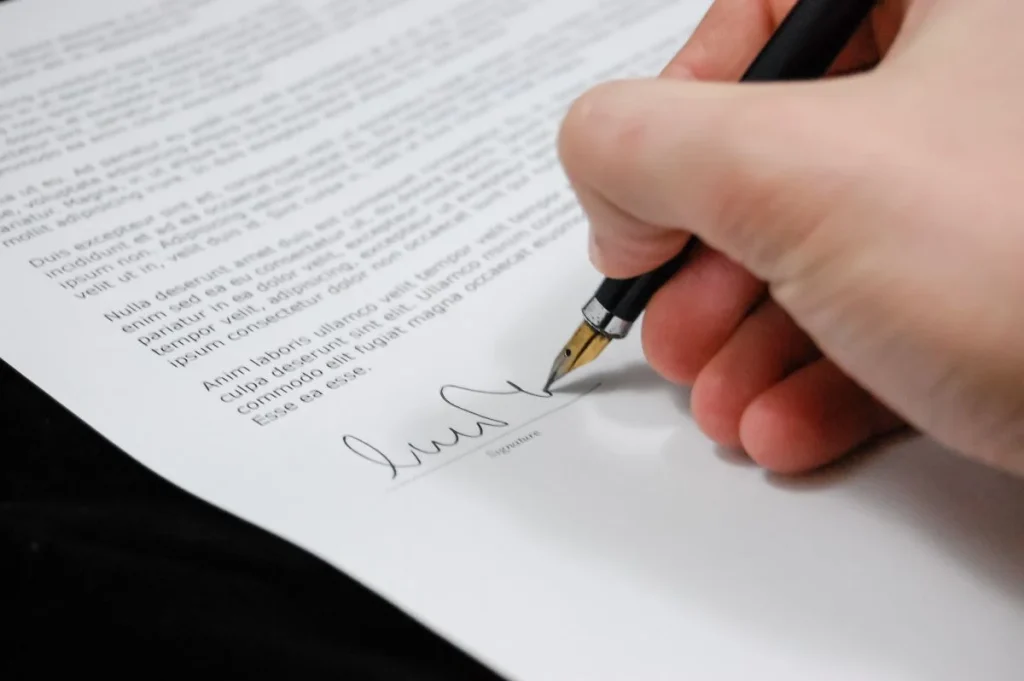Venturing into the world of real estate is a promising opportunity for individuals seeking financial growth and stability If you’re planning on selling real estate in the Philippines, it’s essential to be aware of the current market trends and legal requirements.
If you have a property for sale, it’s necessary to know what documents you need and being familiar with the real estate selling process This involves various stages such as property preparation, pricing, marketing, showcasing, negotiating offers, conducting inspections, handling appraisals, and finalizing the sale through the closing process.
The Advantages of Selling Real Estate in Philippines

Property Price Increase
Selling real estate can generate income from rent, profits from property-related businesses, and the rise in property value over time. As property values generally appreciate, a well-planned investment can yield significant returns upon sale. Moreover, increasing rents contribute to enhanced cash flow.
When venturing in real estate, you can expect to amass capital, this enables expansion of your real estate portfolio through additional investments.
You can do this by opting to sell your property and reinvest reinvest the proceeds into another property or opt for a cash-out refinance, allowing you to tap into a portion of the property’s equity.
Passive Income
Real estate investment offers significant advantages, particularly in terms of generating passive income. This income can be utilized to expand your real estate portfolio, cover monthly expenses, or contribute to other financial objectives.
Protection from Inflation
Certain investments may fail to keep up with inflation, resulting in a decrease in the real value of your dollar over time. Conversely, real estate serves as a hedge against inflation, as rising inflation rates generally correspond with an increase in real estate prices.
Selling real estate can enable you to match the pace of inflation and preserves the purchasing power of your investment.
Selling your property can be a generational income
Passing down a real estate venture to your heirs means you can establish a generational asset that fosters financial stability for future generations.
The Property Selling Process

Find the right agent
The process of selling your property starts with finding a suitable real estate agent who can best represent their interests. To start, you can consider asking from acquaintances, exploring agent websites, and conducting interviews with top candidates.
Pick a competitive price
In the Philippines, the secret to quickly selling your home is to establish a competitive price. Achieving this involves finding the right balance between a price that entices potential buyers and one that closely matches the current market value.
Your listing agent plays a vital role in this process by conducting a thorough market analysis to recommend an optimal listing price, ultimately ensuring that your property is sold within a reasonable timeframe.
Have a property makeover
Potential buyers usually look for a property with a more appealing look. Therefore, it’s necessary to invest time to prepare your home or the property you are to sell by thoroughly cleaning and applying new or fresh paint to update its look.
Your agent can guide you on how to further enhance, declutter, remove unnecessary items, and eliminate pet odors if any.
Open house and showing
Collaborate with your listing agent to get ready for the upcoming open houses. Usually, the agent will expertly showcase the property to potential buyers while the homeowner is not present.
Negotiate
An advantage of selling a home is the opportunity for negotiation during the process. If your property is well-priced and situated in a desirable location, you could potentially attract multiple competitive offers. Working closely with your agent, you can navigate negotiations effectively, allowing you to secure and accept the most favorable counter-offer.
Meet with property appraiser
Most buyers’ lenders usually request a property appraisal based on the agreed purchase price. Prior to this is to check whether the property to sell is well maintained and orderly, and cooperate with the appraiser.
The buyer’s lender usually demands a property appraisal to confirm that the agreed purchase price aligns with the property’s actual value. Prior to the appraisal appointment, ensure your property is well-maintained and orderly, and cooperate fully with the appraiser. Consult your agent about your rights if the buyer decides to withdraw from the deal based on the appraisal outcomes.
Inspect your home
Before the final process of selling your property, property inspections are frequently included as a contingency in purchase agreements. Inspections aid potential buyers when verifying that the home they are purchasing is in condition.
If the property has a significant underlying issue, such as foundation cracks or the need for plumbing replacement, the buyer retains the option to withdraw from the deal if they are dissatisfied with the findings.
So inspections are necessary as the seller to make sure you are able to fulfill all contingencies and acquire a request of written confirmation from the buyer to remove those contingencies.
Prepare for closing of the deal
As closing the deal approaches, both the buyer and the seller can relax as the complete what’s left of the home selling process. Your agent should assist in guiding you through needed documents and paperwork that you will need to review and sign during the closing meeting.
Once the paperwork is signed, verified, and completed by the parties involved, you have officially sold your property.
Documents you need to prepare

Planning to sell your property in the Philippines? Besides the selling process, you have to be ready with these documents or else you may have difficulty selling your property.
Secure all ownership documents
Transferring your property’s name is crucial so be ready with a certified True Copy of Transfer Certificate of Title (Land).
Double check if you have the following:
Have these prepared to avoid wasting time:
- Government ID must be identical to the name on the title.
- Marital status.
- Technical description
- check if the address in the title is your actual address
- A clean title
Fix your property
The LGU must be aware of any changes to your property or any improvements whatsover. Besides that, these documents are also needed:
Both from the Assessor’s Office:
- Certified True Copy of Tax Declaration (Land)
- Certified True Copy of Tax Declaration (Improvements)
From the Treasurer’s office:
- Tax Clearance for Current Year
Know your expenses

Capital gains tax
Income tax imposed on earnings from the sale of a property categorized as a capital asset is known as the capital gains tax. These are applicable to properties not used for trade, business, homes, land, and vehicles.
Capital Gains Tax amounts to 6% of the property’s gross selling price or its market value, whichever of the two is higher.
Ordinary assets tax
Properties that generate income are under ordinary assets. The tax applied are composed a 6% withholding tax, along with a 12% value-added tax (VAT), income tax, and documentary stamps tax.
After the sale, have these documents ready
Once you sold your real estate or closed the deal, these are the last documents you need:
- Letter of Intent from the buyer. This should include price, payment schedule, earnest money, and other terms and conditions.
- Contract to Sell
- Deed of Absolute Sale
- Endorsement Letter. This is given to the property/condo administration endorsing the property to the new owner.
- Certificate Authorizing Registration
Related Blog: Benefits of Selling Premium Properties


